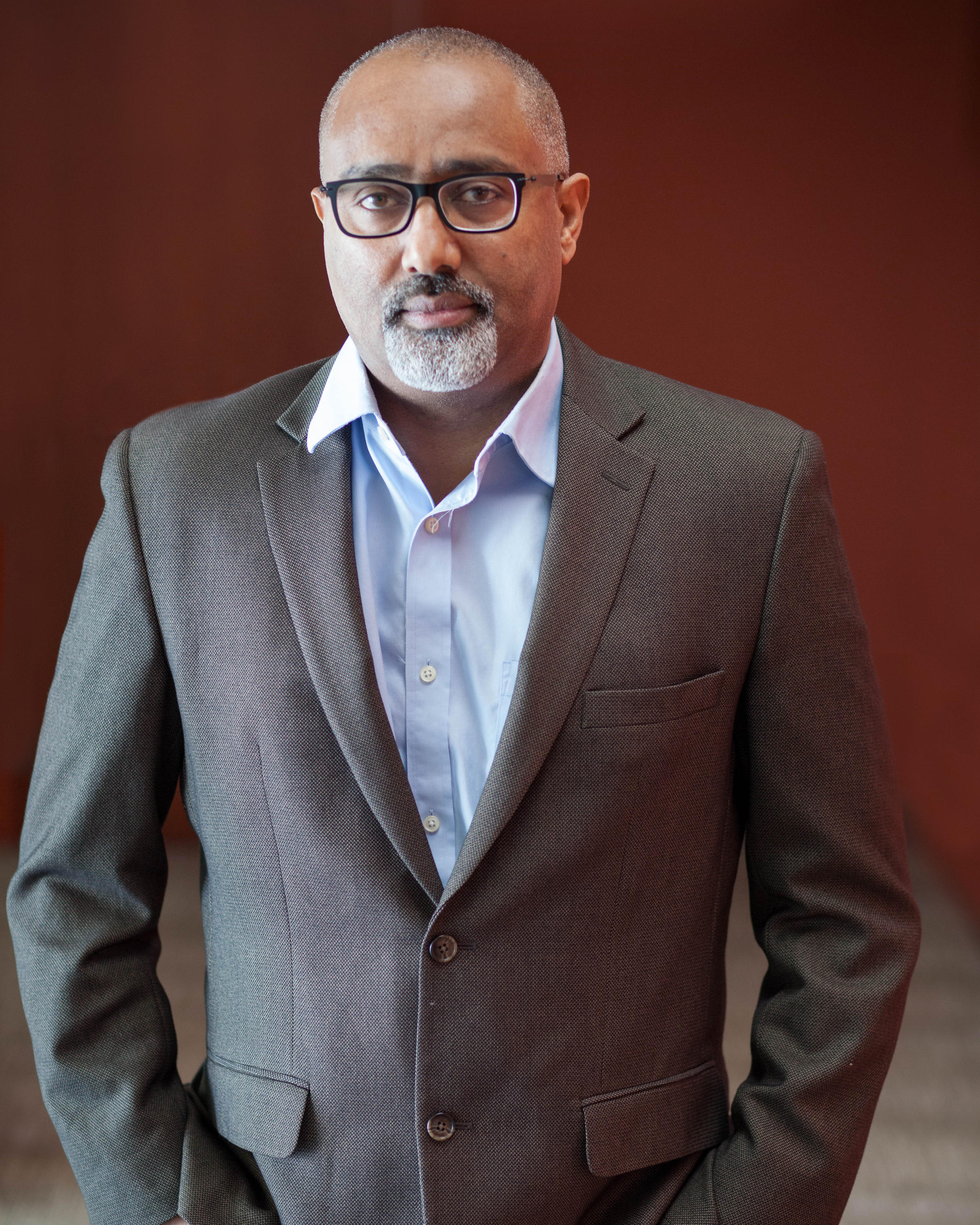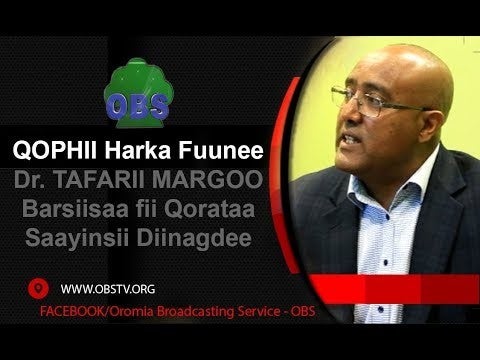
During the years that Teferi has studied and taught in North America, his country has begun a tentative transition from an oligarchic dictatorship to a more inclusive society as a result of a grassroots youth movement, that came to be known popularly as the ‘Oromo Protests of 2014 – 2018’.
And although he has been at a distance, Teferi continues to engage in issues and work that supports the anticipated transformation. Included in this, he serves on the board and just finished a term as the president of the Oromo Studies Association, an academic organization that deals with Ethiopian affairs, by producing and disseminating knowledge about the Oromo people of the horn of Africa.
This fall, he and his young family returned to Ethiopia to participate more closely in the transformation of that country. Part of his term in Ethiopia was spent co-organizing a high profile educational symposium on the political and economic transition of Ethiopia, held at the UN Economic Commission for Africa, in Addis Ababa, and attended by more than 800 people.
“As you can imagine, in a country like Ethiopia, with different interest and political groups, and no institutions or infrastructure that mediate their views and positions, it can be challenging to move the country forward when it comes to how we should proceed and deal with challenges,” Teferi says. “This symposium brought together people who care about the welfare of all the peoples of Ethiopia in robust discussion.”
Teferi gave a talk at the conference on political representation and the provision of public goods, based on an academic paper that he and two of his colleagues at the University of Waterloo (Alain D. Nimubona and Horatiu Rus) produced recently using Ethiopia’s experiences in the last three decades.
As a member of a three-person team of experts, Teferi also put together economic policy papers, with recommendations on how political leaders could tackle the brewing currency crisis and the serious youth unemployment problem in the country. While in Ethiopia, he gave several media interviews, focussing on these and other challenges and on how to move the country forward. He is cautiously optimistic about the future of his country, and credits the youth movement for bringing about positive change.
The trip was also an opportunity for Teferi’s two young children, Jote and Liben, to connect with their extended Ethiopian family—he says, “For my seven year old, it was the time of his life.”
Now back in Waterloo, Teferi preaches what he has been practising, especially in his teaching of development economics to graduate students.
“As a university community, our main mission is to add value to society. Whether that’s my interaction with students in the classroom or the research work I engage in that gets disseminated widely and has some policy impact, or my outside interactions, initiating discussion or leading an academic organization that directly impacts a poor place like Ethiopia, I believe these add value.”
